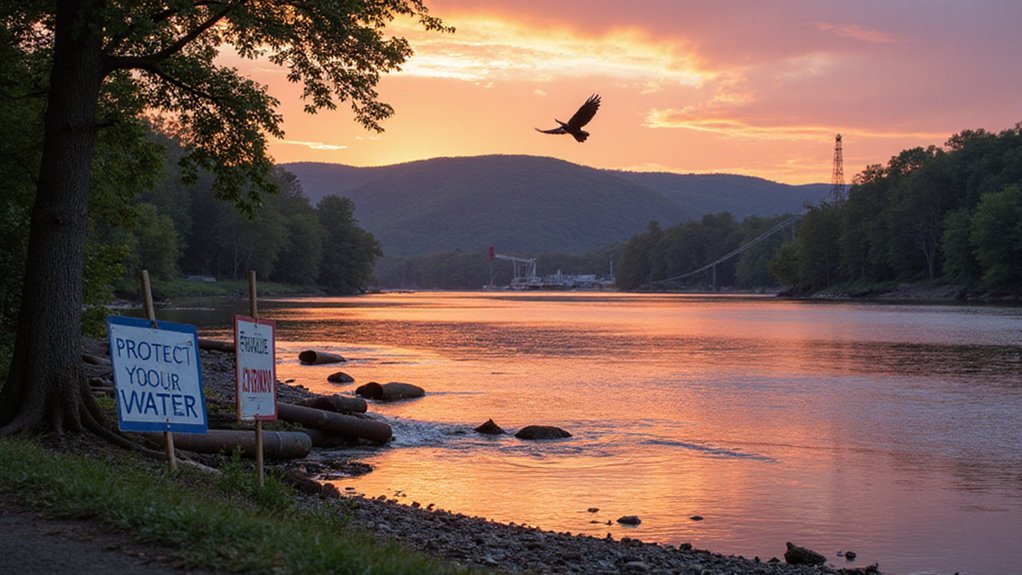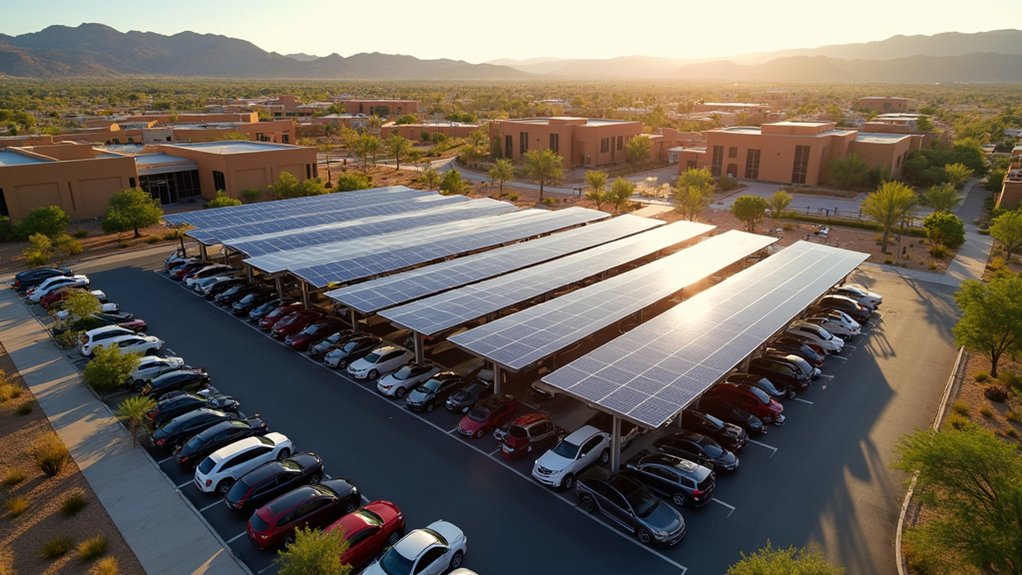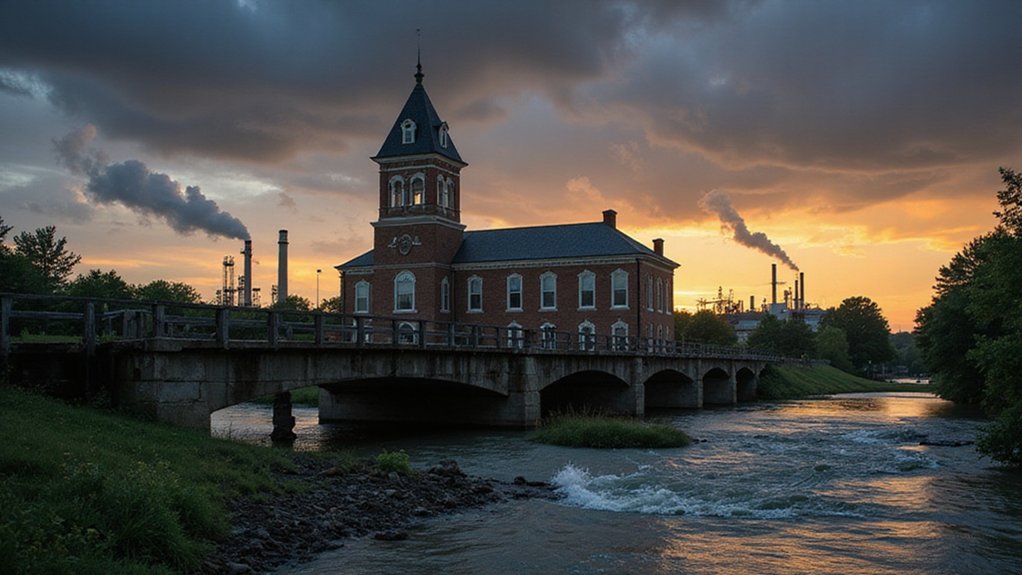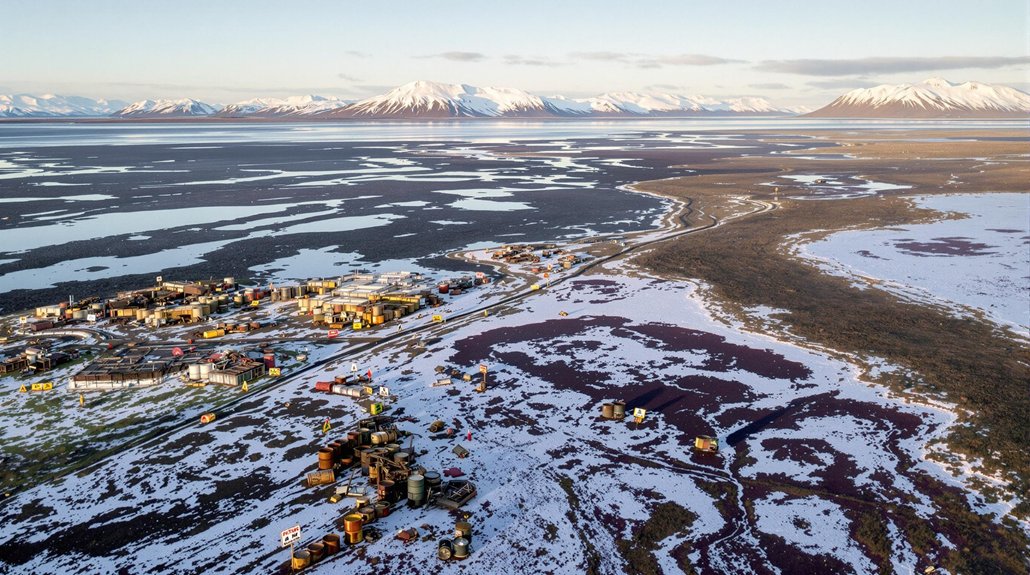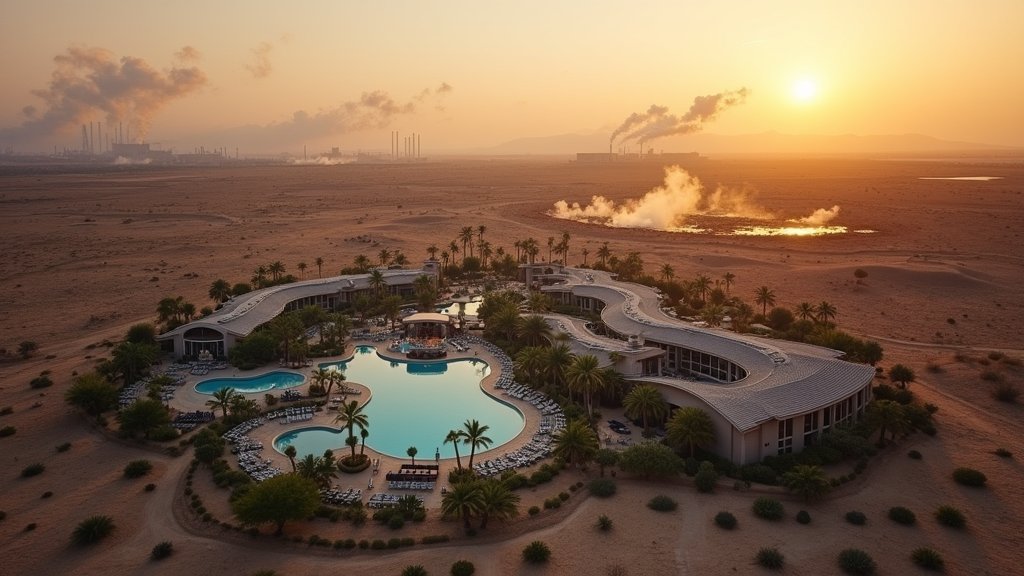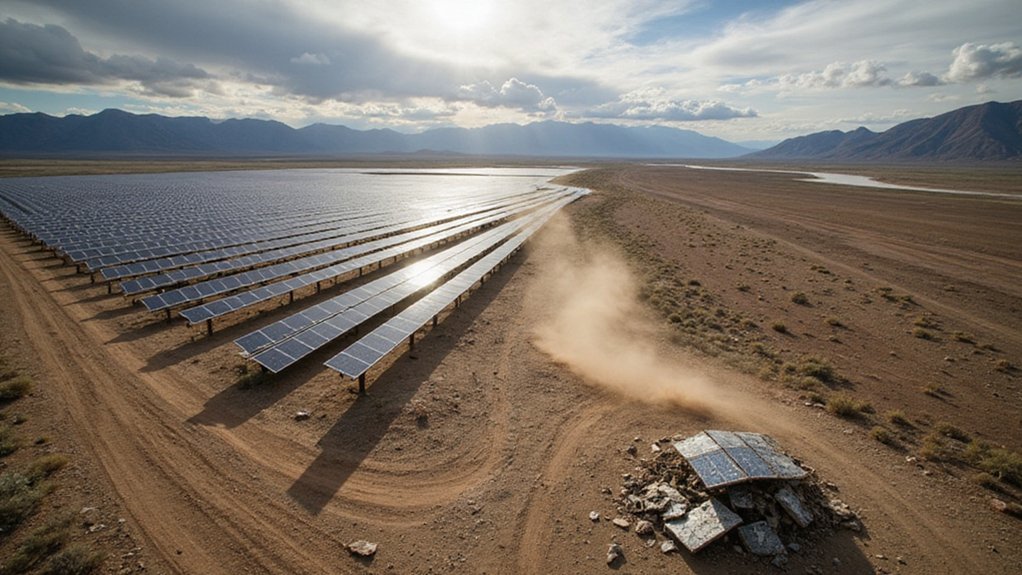Dozens of environmental activists have mobilized across the Northeast to protect what they consider a landmark victory now under siege. The Delaware River Basin Commission‘s 2021 permanent ban on fracking – which followed a decade-long moratorium – now faces veiled threats from a federal administration seemingly allergic to environmental protections.
This isn’t just about some obscure regulation. The watershed provides drinking water for 13 million people. Thirteen million! After ten years of research and public input, the DRBC finally made the call to protect those waters permanently. Score one for science and common sense.
The Trump administration has other ideas. Their grand plan to “unleash American energy” translates to supporting fracking interests in Northeast Pennsylvania, regardless of what pesky research might say about water contamination. They’ve even declared an “energy emergency” – because apparently having clean drinking water is now considered a crisis. The March 2025 meeting between Northeast Pennsylvania lawmakers and the EPA Administrator revealed the administration’s intent to pursue energy dominance at the expense of environmental safeguards.
Here’s the thing, though. The feds can’t just snap their fingers and make the ban disappear. The DRBC is an interstate agency with its own authority. Courts have repeatedly smacked down challenges from landowners and industry groups who’d rather make a quick buck than protect aquifers. This battle mirrors Alberta’s experience, where the growing helium industry balances economic opportunity with environmental concerns. Any real change would require DRBC consensus, not federal bullying.
Environmental groups aren’t taking these threats lying down. They’ve launched a “Pledge of Resistance and Protection” campaign, mobilizing citizens across the region. Their message is pretty straightforward: this river belongs to the people, not the frackers. With approximately 1,100 online signers as of mid-July, the pledge demonstrates significant community commitment to preventing fracking in the watershed.
The battle lines are clearly drawn. On one side, scientists and activists pointing to indisputable evidence of fracking’s risks to water resources. On the other, pro-fracking alliances of legislators, industry groups, and trade unions who apparently think clean drinking water is overrated.
References
- https://buckscountybeacon.com/2025/04/frack-attack-is-the-delaware-river-watershed-frack-ban-at-risk/
- https://insideclimatenews.org/news/25072025/activists-will-resist-any-federal-effort-to-lift-delaware-river-fracking-ban/
- http://paenvironmentdaily.blogspot.com/2025/06/delaware-river-frack-ban-coalition.html
- https://www.njspotlightnews.org/2025/06/critics-fear-delaware-estuary-environmental-protections-at-risk-from-trump-administration/
- https://aglaw.psu.edu/shale-law-weekly-review/shale-law-weekly-review-week-of-march-17-2025/
